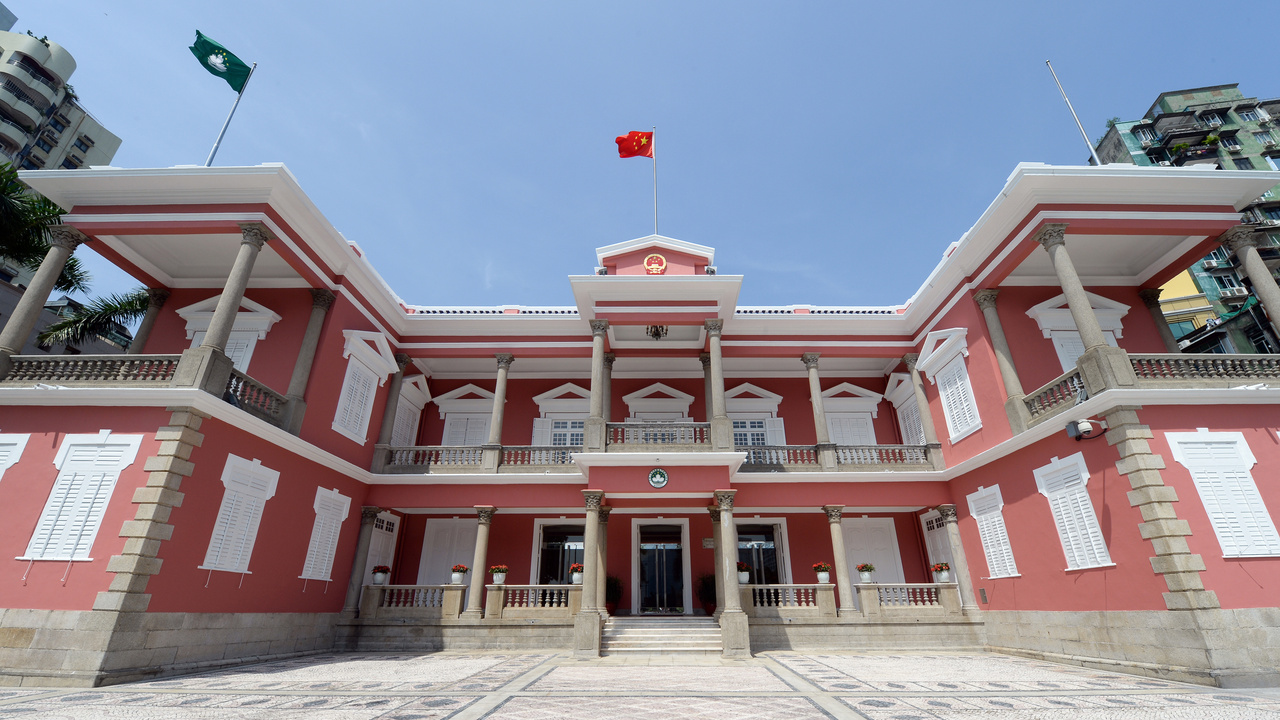
The Government of the Macao Special Administrative Region (MSAR) of the People’s Republic of China expresses strong opposition to content within the 2023 edition of an annual report on the MSAR, issued lately by the European Union (EU).
The report contained baseless comment on Macao’s political conditions and social development, and made accusations regarding the MSAR Government’s effort in revising the city’s Law on Safeguarding National Security, and other legislation.
The MSAR Government underlines that the amendments to the MSAR’s Law on Safeguarding National Security drew extensively from legislative experience in other jurisdictions, while fully considering Macao’s legal traditions and social realities, and strictly adhering to international human rights conventions. Revision to the Chief Executive Election Law and to the Legislative Assembly Election Law was to fulfil the “patriots governing Macao” principle, and to safeguard national security, in addition enhancing the relevant electoral system with a view to protecting Macao residents in exercising their election rights.
During the 25 years since Macao’s return to the motherland in 1999, Macao has successfully implemented the “One country, two systems” principle and the Basic Law. These are fundamental facts that the EU cannot deny, and the EU should take an objective and fair approach when assessing relevant matters.
The EU has no right to intervene in Macao’s internal affairs, as they are part of China’s domestic affairs. The publication of the so-called annual report also lacks proper international legal basis. The EU has expressed on various occasions its emphasis on having a cooperative relationship with Macao. It is hoped that the EU will take proactive and constructive steps to promote the development of bilateral relations through practical measures.


